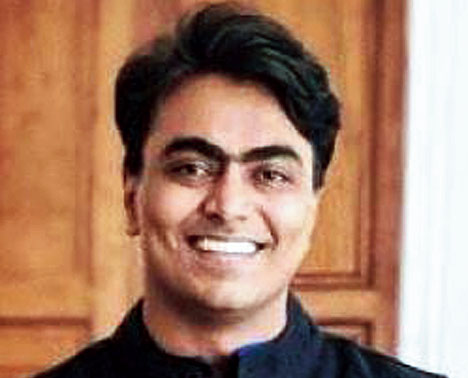
New Delhi: The latest global survey of human development measured through life-expectancy, education and income has ranked India 130 among 189 countries, but persisting inequality erodes over a quarter of India's score.
The Human Development Index (HDI) for 2017 released by the UNDP on Friday has ranked India 130 with the HDI score of 0.640, compared to its 2016 score of 0.636 and rank 131 among 188 countries.
The higher HDI score has emerged from gains in life expectancy at birth and gross national income per capita over the previous year. (See chart)
But when the HDI score is adjusted for inequality, it falls to 0.468 from 0.640, a loss of nearly 27 per cent because of unequal access to education, distribution of wealth and life expectancy patterns.
India has seen no change in its measures on school education between 2016 and 2017 but, an official familiar with the report said, this is not unexpected because education is a "slow-moving indicator".
Norway, Switzerland, Australia, Ireland and Germany had the top five scores while Niger, the Central African Republic, South Sudan, Chad and Burundi have the lowest HDI scores.
India's score is below the average of 0.645 for medium development countries and above the average of 0.638 for countries in South Asia.
The survey ranked Bangladesh at 136 and Pakistan at 150.
India's inequality-adjusted loss reinforces concerns that inequality remains a challenge for India despite its record of economic growth and despite various central and state government initiatives on social protection.
"Initiatives aimed at universalising school education and healthcare will be crucial in ensuring that the upward trend on human development accelerates," Francine Pickup, UNDP country director for India, said in a statement.
While significant inequality occurs in many countries, including in some of the wealthiest ones, it takes on average a bigger toll on countries with lower human development levels, the UNDP said in a media release.
The average inequality-adjusted loss in the HDI scores for high human development countries is 11 per cent, compared to 25 per cent for medium human development and 31 per cent for low human development countries.
The survey has examined 13 indicators associated with the quality of health, education and standard of living and found that India's performance on six of the 13 indicators falls in the bottom third of all countries assessed.
The HDI 2017 report has ranked India 127 among 160 countries that were assigned scores for gender inequality index which represents gender-based inequalities in three dimensions - reproductive health, empowerment, and economic activity.
Reproductive health is measured through maternal mortality and adolescent birth rates, empowerment through the share of Parliamentary seats held by women and secondary and higher education attainment by each gender, and economic activity through labour market participation rate for women and men.
In India, 11.6 per cent of parliamentary seats are held by women, 39 per cent of women have reached at least secondary level of education compared to 63.5 per cent men and female participation in the labour market is 27.2 per cent compared to 78.8 per cent for men.










